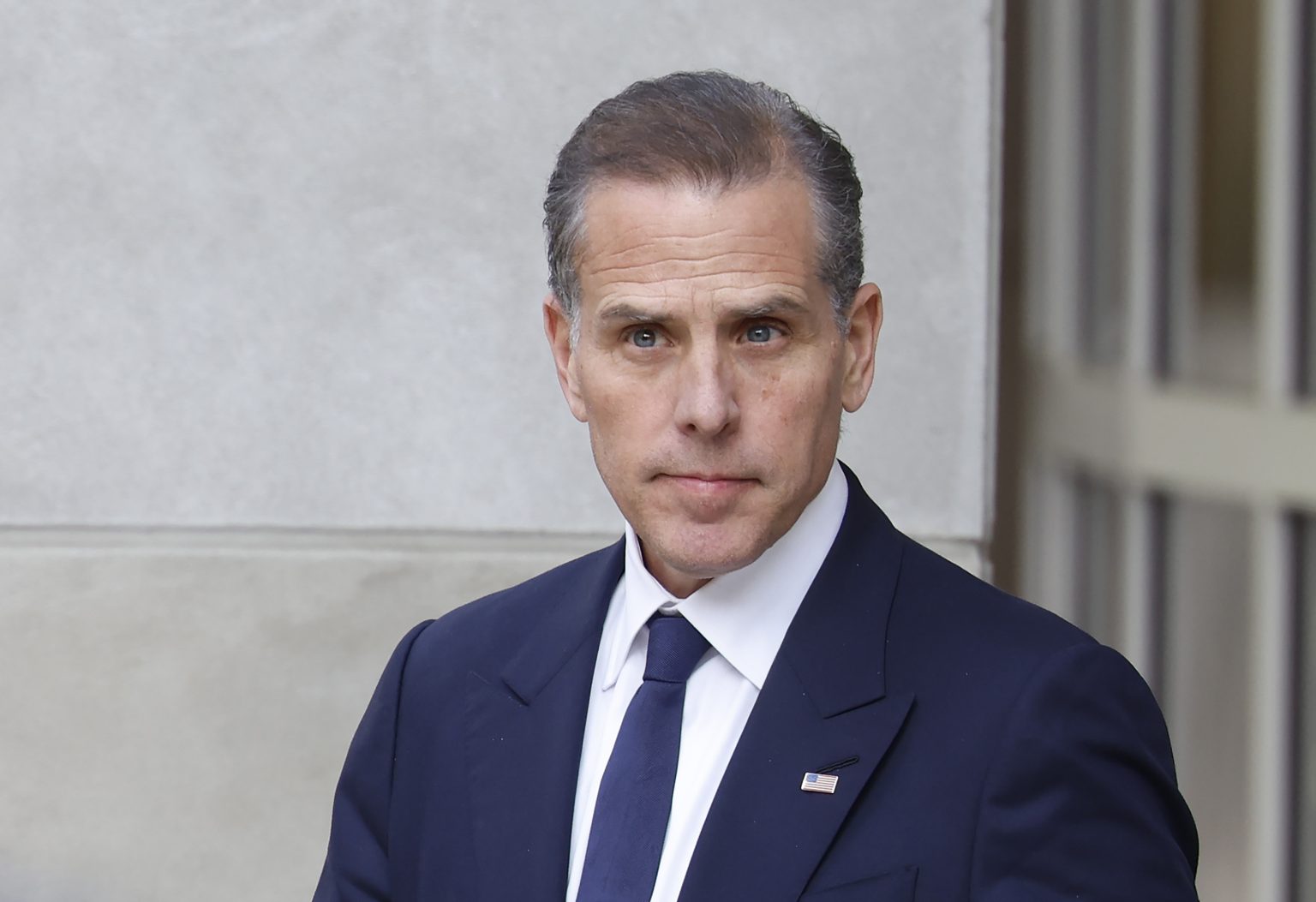In a significant development, President Joe Biden has granted his son, Hunter Biden, a full and unconditional pardon for two felony convictions involving federal gun charges and tax evasion. This unexpected decision comes despite the president’s earlier statements emphasizing that he would not intervene in the Justice Department’s processes or grant his son clemency. In his public statement regarding the pardon, President Biden asserted that Hunter had been unfairly targeted and labeled the legal cases against him as a “miscarriage of justice,” driven by “raw politics.” Such claims highlight the politically charged atmosphere surrounding the legal troubles that Hunter has faced.
Hunter Biden’s legal challenges are rooted in his personal battles with substance abuse, which he has candidly discussed, acknowledging that he has been sober since 2019. His convictions represent an unprecedented moment in American political history, being the first time a relative of a sitting U.S. president has faced criminal prosecution. His legal woes became public when he was found guilty in June of three felonies linked to the purchase of a firearm—a .38-caliber revolver—in Wilmington, Delaware, in 2018. The prosecution presented evidence that Hunter misled a gun dealer by claiming he was not a drug user, despite being, at the time, in the grips of addiction.
Following a jury’s guilty verdict for lying on a gun purchase application and illegally possessing the firearm for a brief period, Hunter was facing significant consequences with sentencing initially set for December 12. Although the maximum potential sentence for his convictions could amount to 25 years, legal experts suggested that federal guidelines typically advocate for lesser sentences, raising the possibility that he could avoid prison time altogether. These circumstances reflect the intricate interplay between legal accountability and the broader societal context of addiction and recovery.
In a separate case out of California, Hunter was accused of failing to fulfill his tax obligations, specifically evading approximately $1.4 million owed for the years 2016 through 2019. The allegations included claims that he spent lavishly on personal indulgences—ranging from drugs and escorts to luxury accommodations and exotic vehicles—while neglecting his tax duties. Initially facing three felony counts for tax evasion along with six misdemeanor charges, Hunter’s situation escalated when he publicly acknowledged the federal investigation into his finances shortly after his father’s election victory in 2020.
As the trial date advanced towards September, Hunter opted to enter a guilty plea on all nine counts just as jury selection was poised to begin, thereby steering the case away from a trial scenario. Judge Mark Scarsi, presiding over the tax evasion case, indicated that upon sentencing scheduled for December 16, Hunter could face up to 17 years of incarceration and substantial financial penalties, ranging from $500,000 to $1 million. In his statement regarding the guilty plea, Hunter expressed a desire to shield his family from further emotional turmoil and invasive scrutiny, underscoring the complicated dynamics of his public persona versus his personal struggles.
The presidential pardon has highlighted a broader debate regarding the implications of personal connections within the justice system and the extent to which political influence may alter legal outcomes. Critics of the pardon may argue that it sets a troubling precedent, blurring lines between the rule of law and familial privilege. Conversely, supporters might contend that Hunter’s situation exemplifies the need for compassion and understanding for individuals grappling with addiction. Ultimately, the implications of President Biden’s decision extend beyond his role as a father, invoking considerations of fairness, justice, and the political ramifications ahead in a deeply polarized environment.

